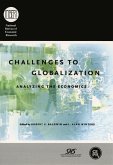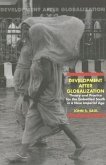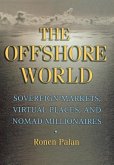Has globalization fundamentally altered international relations, producing a race to the bottom in which states compete for economic growth and development by adopting similar liberal economic strategies? "Mediating Globalizationchallenges this increasingly dominant perspective, demonstrating that national governments often respond to global competitive pressures with more, not less, economic intervention. Using interviews, archival research, and secondary sources. Andrew P. Cortell explores the strategies adopted by the United States and Britian with regard to one of world's most globalized sectors, the semiconductor industry. From the early 1970s through the mid-1990s, he argues, increasing globalization pressures in each country led them to more actively intervene in the evolution of their semiconductor markets, rather than assume a more marginal role. The empirical evidence, moreover indicates that the two countries adopted similar responses, whether liberal or interventionist, as a consequence of similar domestic institutional incentives rather than constraints identified to emerge from globalization.








